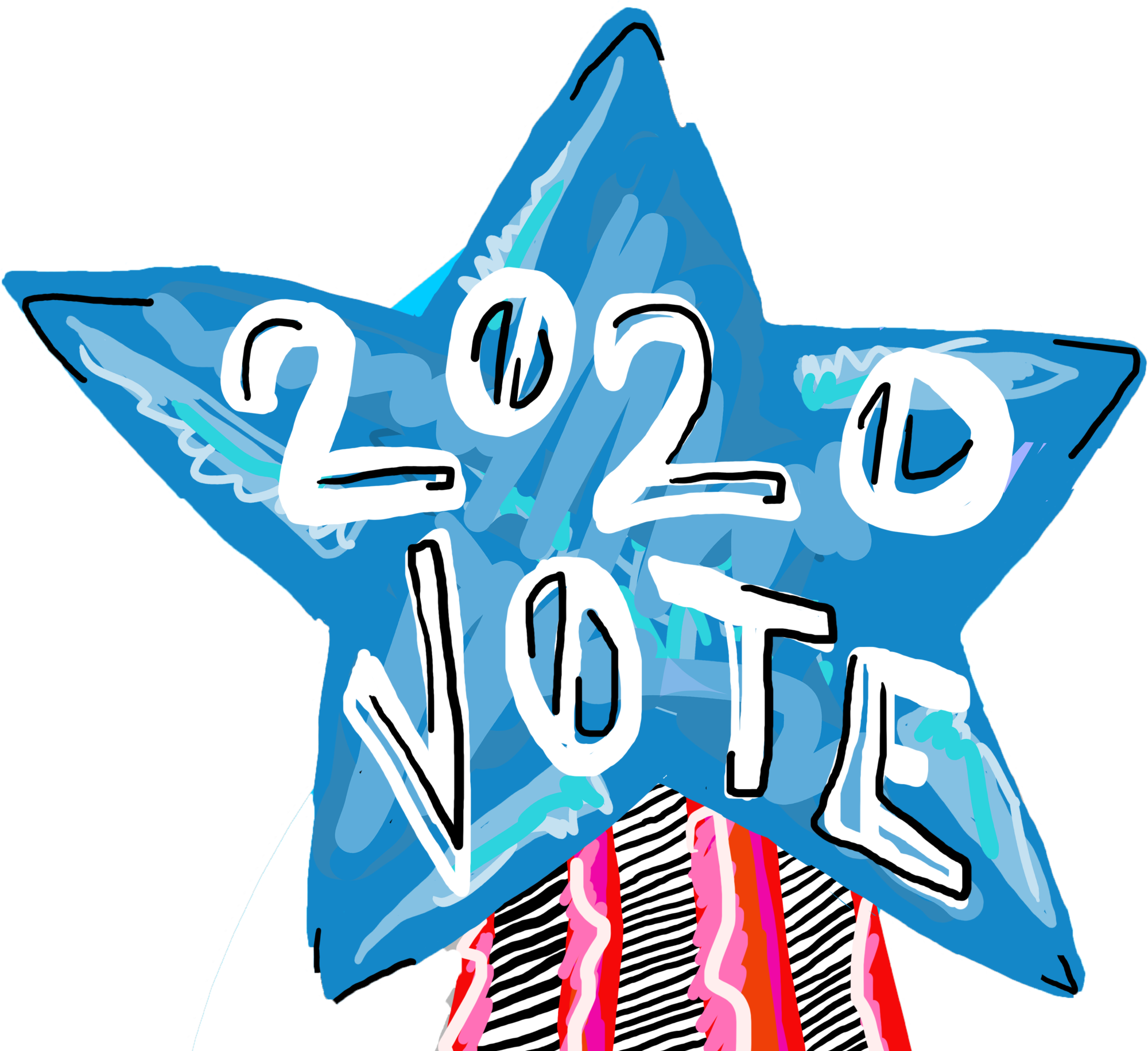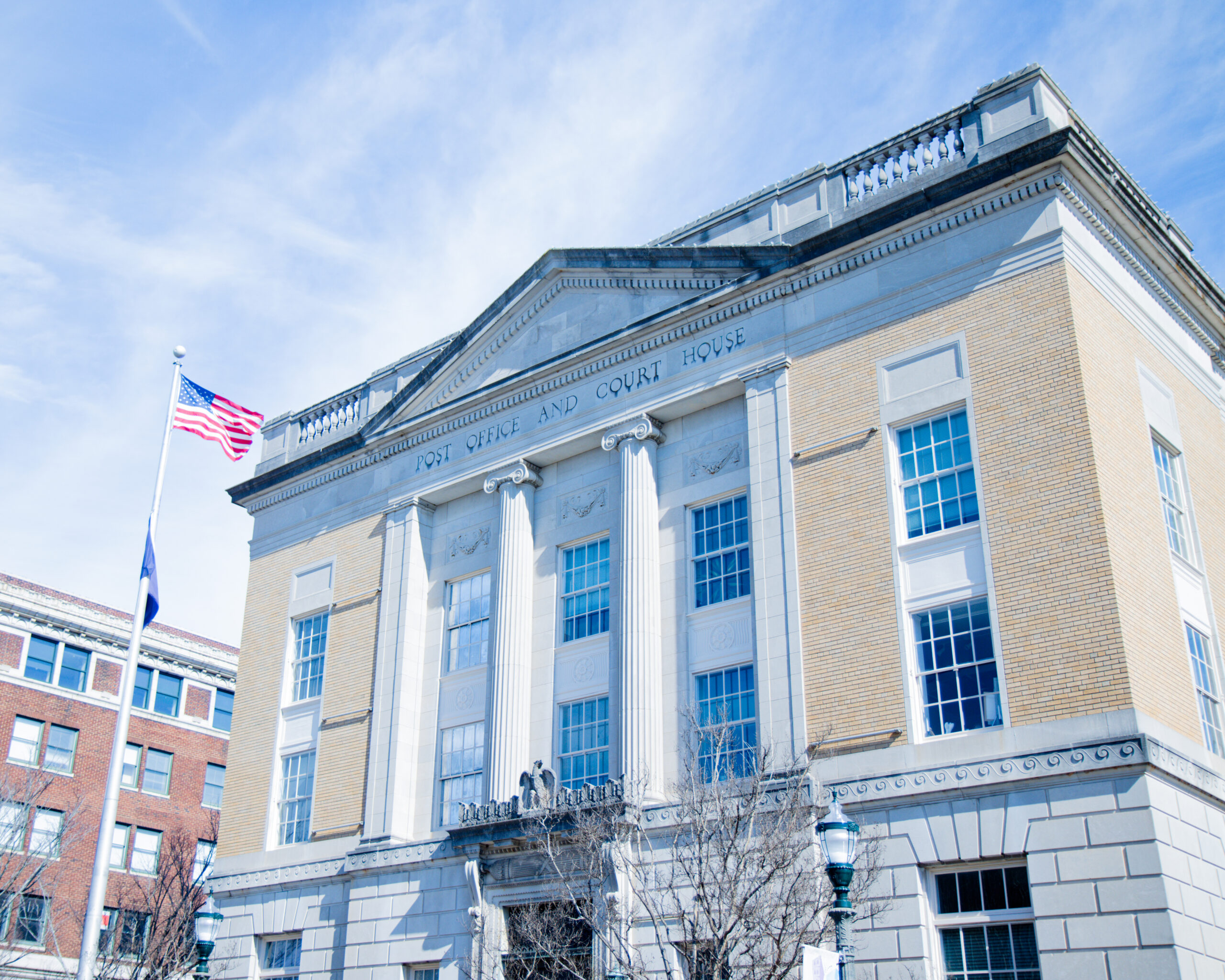Winthrop’s Department of Social Work department is encouraging all students, especially social work students, to vote.
ZaDonna Slay, the Master of Social Work Admissions Coordinator for the Department of Social Work, believes it is essential that social work students at Winthrop exercise their right to vote.
“As we learn through our profession and through the work that we do with policy, all politics are local,” Slay said, “and so for social work students … to be able to truly understand the programs and services that they will use with their clients, how they are funded, how they are supported, how they are implemented, how they are even developed — all of that begins with who we have in office.
“[G]etting students to really understand how to hold elected officials accountable really helps inform the work that we do as a profession,” she said.
Wendy Sellers, an associate professor of social work, believes that voting is for all students, but it carries an even higher level of importance for social work students.
“I think helping my students understand the importance of voting can then potentially expand into their role as future social workers, helping in vulnerable or at risk populations and helping individuals in those communities have accessibility to voting so that it doesn’t just stop with the students, but it also makes a difference in their work,” Sellers said.
“[W]e need social workers who have that activism and may be interested in willing to serve as elected officials,” Sellers said. “Even President Barack Obama started out as a community organizer … community organizing is one of the fundamental pieces of macro social work.”
Hannah Buckner, undergraduate social work major and president of the Winthrop Social Work Club, believes that all of her social work professors “would really harp on the fact that we are change agents.”
As Election Day draws closer, the social work department’s promotion of the importance of voting can be relevant to all Winthrop students.
“Every vote counts … just because you are one person in a small population of people, your one opinion on something can change something so it can be very impactful,” Buckner said. “Your one vote can change who becomes a leader, your one vote can change if a bill is passed, or your one vote can change if something that you strongly believe in actually happens.”
Graphic by Maggie Claytor




